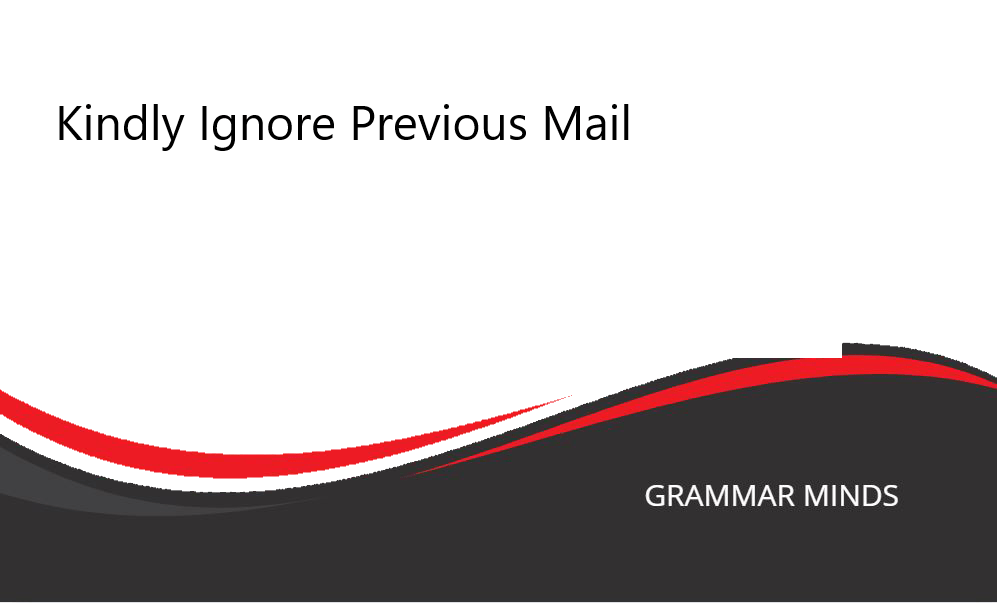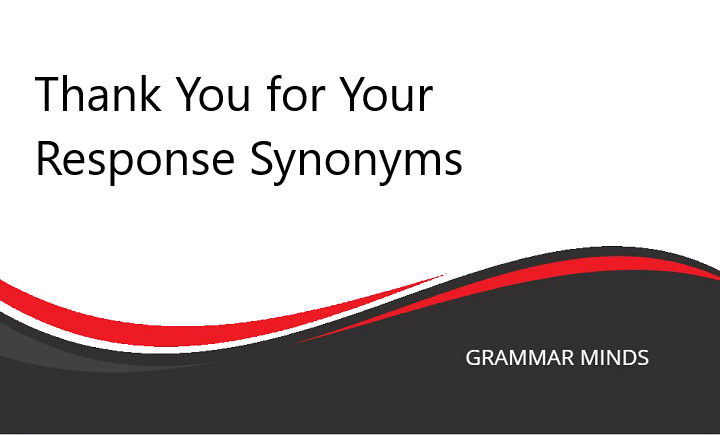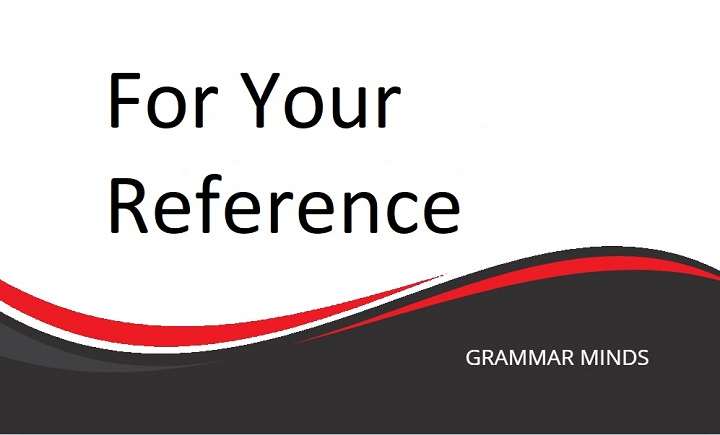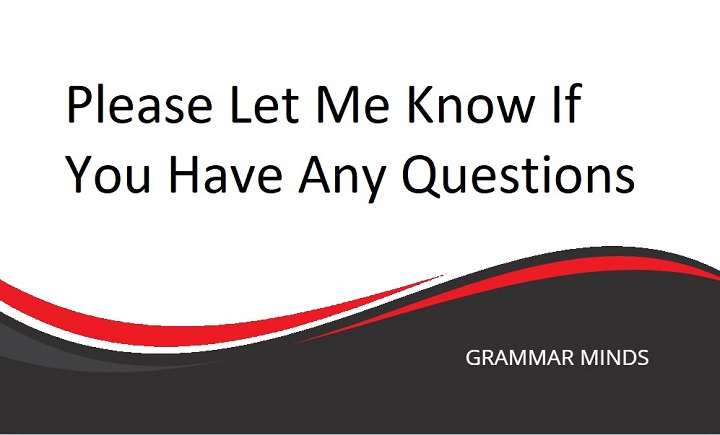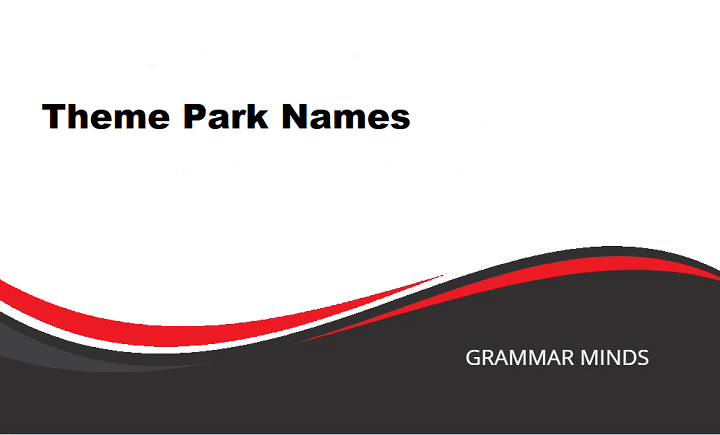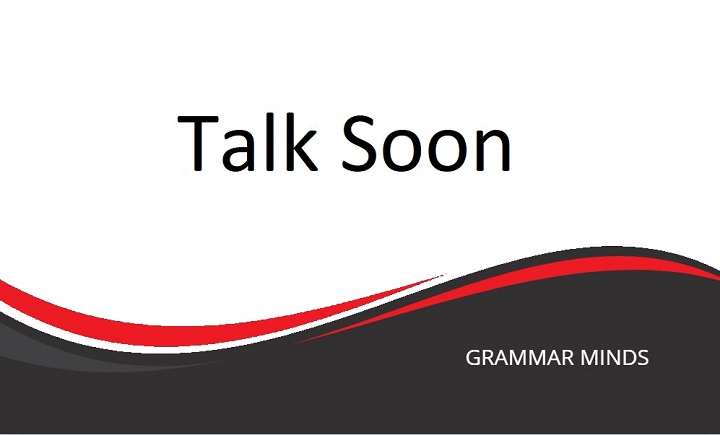We’ve all been there—an email gets sent out with a mistake or incomplete information, and you find yourself having to write a follow-up email with the phrase “kindly ignore previous mail.” It’s one of those necessary evils in both professional and personal communication, but if you’ve ever found yourself using this phrase repeatedly, you’re probably looking for ways to switch things up.
Do you find yourself typing “kindly ignore previous mail” more often than you’d like? Does it feel a bit robotic or overused after a while? Don’t worry! This guide is here to help you find alternative expressions that convey the same message but with more variety and personality.
Whether you’re writing to a colleague, a boss, or a friend, there are plenty of ways to let someone know they can disregard a previous message. In this article, we’ll walk you through ten alternatives to “kindly ignore previous mail,” helping you sound more natural and flexible in your communication.
Do You Find Yourself Using the Phrase “Kindly Ignore Previous Mail” Repeatedly?
If you’ve been guilty of frequently using “kindly ignore previous mail,” you’re not alone. This phrase is common in professional email communication when someone has made an error, sent incomplete information, or needs to retract a message. However, relying too much on this phrase can make your emails feel repetitive and robotic. Learning to use other phrases can refresh your communication and make your emails more engaging.
Have you grown tired of this repetitive expression? Are you looking for ways to make your emails sound less formulaic and more dynamic?
If so, keep reading! Below, we’ve compiled a list of alternative phrases you can use instead of the standard “kindly ignore previous mail” to add more variety and style to your conversations.
Other Ways to Say “Kindly Ignore Previous Mail”
- “Please disregard my previous message”
- “My apologies, kindly ignore the last email”
- “Please excuse the previous message”
- “Apologies, the last message was sent in error”
- “Kindly disregard the earlier email”
- “I apologize, please disregard the last email”
- “Sorry for the confusion, ignore the previous message”
- “Please overlook the earlier communication”
- “Apologies for the confusion, kindly disregard the previous message”
- “Please consider the previous email as void”
Each of these alternatives can help convey the same meaning, but with a slightly different tone or level of formality, allowing you to choose what fits best with your situation and audience.
Key Notes
The phrase “kindly ignore previous mail” is grammatically correct and suitable for formal communication, particularly in professional environments like workplaces or academic settings. However, it can sometimes feel stiff and overused.
- “Please disregard my previous message” is perfect for formal situations, especially in professional emails where you need to maintain politeness.
- “My apologies, kindly ignore the last email” is another formal way to communicate the same idea but with a more apologetic tone, making it sound more sincere.
- “Sorry for the confusion, ignore the previous message” works well in informal settings when communicating with friends or colleagues you’re familiar with.
Below, we’ll show you how to use these alternatives in both formal and informal situations, along with real-life examples.
“Please Disregard My Previous Message”
Usage:
This phrase is a more formal alternative to “kindly ignore previous mail.” It works well in professional settings such as emails to coworkers, managers, or clients. It’s polite yet concise and clear.
Example (in an email):
Dear Emily,
Thank you for your quick response regarding the project outline. I realize I made an error in my previous email. Please disregard my previous message and refer to this email for the updated information.
Best regards,
John
“My Apologies, Kindly Ignore the Last Email”
Usage:
This phrase adds a touch of humility to your communication. It’s a slightly more personal and apologetic version of “kindly ignore previous mail,” making it ideal for professional settings where you want to soften the message.
Example (in an email):
Dear Mr. Smith,
I apologize for the oversight in my last message. Kindly ignore the last email, and please find the correct details attached here.
Sincerely,
Linda
“Please Excuse the Previous Message”
Usage:
This alternative is great for both formal and informal emails. It’s a polite way of letting someone know that the earlier message should be disregarded, without over-apologizing.
Example (in an email):
Hi Alex,
Please excuse the previous message—I accidentally sent it before finalizing the details. Here is the correct version.
Best,
Sarah
“Apologies, the Last Message Was Sent in Error”
Usage:
If you’re looking for a more straightforward and formal option, this phrase works well. It’s ideal for professional contexts when a message has been sent in error and you need to correct the record.
Example (in an email):
Dear Mr. Thompson,
Apologies, the last message was sent in error. Please refer to this email instead for accurate information.
Best regards,
Rachel
“Kindly Disregard the Earlier Email”
Usage:
This is a near-identical alternative to “kindly ignore previous mail,” but it’s just different enough to break the monotony. It’s formal and polite, making it suitable for any business context.
Example (in an email):
Dear James,
Kindly disregard the earlier email. I have attached the updated document here.
Thank you,
Kevin
“I Apologize, Please Disregard the Last Email”
Usage:
This phrase adds a sincere apology to the instruction to disregard a message, making it feel more personal and polite. It’s great for formal business emails where you want to acknowledge the inconvenience caused by your earlier message.
Example (in an email):
Dear Professor Adams,
I apologize for the confusion. Please disregard the last email, and I will follow up with the correct information shortly.
Sincerely,
Olivia
“Sorry for the Confusion, Ignore the Previous Message”
Usage:
This is a more casual, informal way of saying the same thing. It works well in emails or texts to friends or colleagues who you’re on casual terms with.
Example (in conversation):
Hey Jake,
Sorry for the confusion earlier! Ignore the previous message—I sent it by mistake.
Catch you later,
Samantha
Is It Correct to Say “Kindly Ignore Previous Mail”?
Yes! “Kindly ignore previous mail” is grammatically correct and appropriate for both formal and informal settings. It’s a neutral phrase that works well in emails, text messages, and other forms of communication where you need to retract or correct a previous message.
However, as we’ve seen above, there are plenty of alternatives that can help freshen up your communication and prevent overuse of a single phrase. Diversifying your vocabulary can help you sound more engaging, whether you’re writing to a colleague or a close friend.
Other Alternatives Include:
- “Please disregard my last communication.”
- “Kindly overlook the previous message.”
- “Consider the previous email null and void.”
Also Read:
10 Alternatives to Saying “Thank You for the Update Email”
In conclusion, “kindly ignore previous mail” is a perfectly acceptable and grammatically correct phrase, suitable for both formal and informal communication. However, using alternatives like the ones listed in this article will help you diversify your language and add more personality to your emails and conversations.
Whether you’re communicating with colleagues, friends, or clients, it’s always a good idea to keep your language fresh and engaging. By mixing up your phrases, you’ll not only avoid sounding repetitive, but also communicate more effectively.

